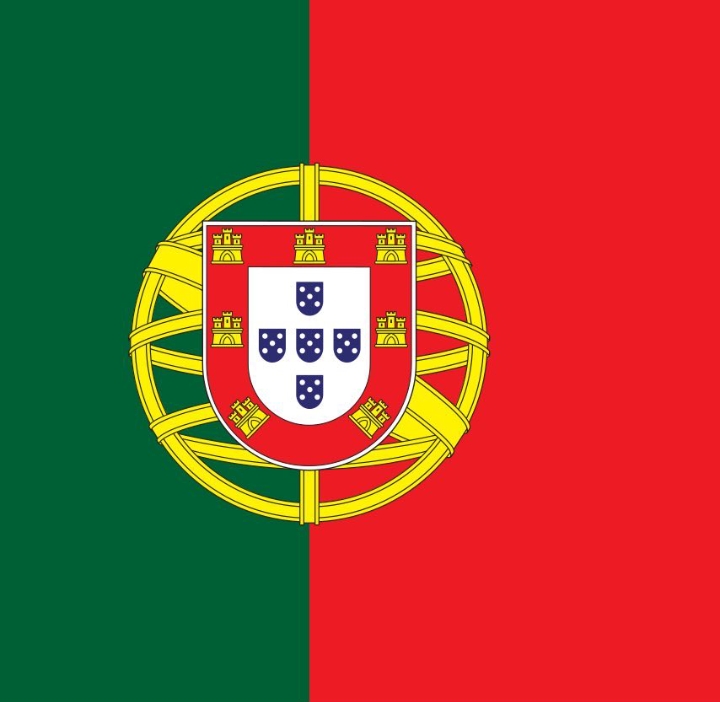Portugal’s Parliament has passed a controversial law banning the wearing of burqas and other full-face coverings in public spaces. The bill, introduced by the Chega party, received support from the Social Democratic Party (PSD), Liberal Initiative (IL), and CDS-PP, but was opposed by the Socialist Party (PS), Left Bloc (BE), Communist Party (PCP), and Livre. Lawmakers from JPP and PAN abstained from the vote.
Supporters of the bill argued that the measure promotes women’s rights, public safety, and social integration. They maintained that the ban ensures transparency in public interactions and helps law enforcement identify individuals when necessary. The legislation proposes fines ranging from €200 to €4,000 for violations but allows exceptions for health, cultural, or religious reasons under specific conditions.
Chega’s representatives defended the law as a way to protect women from coercion and promote gender equality. They insisted that individuals living in Portugal must respect national values, including showing their faces in public spaces. The party emphasized that the law is not against any religion but rather ensures that women can freely express themselves in society.
Opposition parties, however, condemned the move, calling it discriminatory and harmful to religious freedom. The PS warned that the bill could fuel anti-Muslim sentiment, while BE and PCP argued that it undermines the country’s constitutional guarantees of freedom of conscience and personal liberty. Livre also accused Chega of using the proposal to spread divisive politics and stigmatize minority groups.
The bill will now move to the Parliamentary Committee on Constitutional Affairs, Rights, Freedoms, and Guarantees for further review and possible amendments. If enacted, Portugal will join other European countries—such as France, Belgium, Austria, Denmark, and Switzerland—that have implemented similar bans in the name of public safety and national identity.







